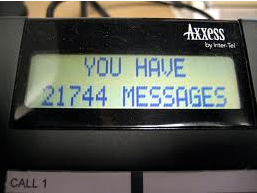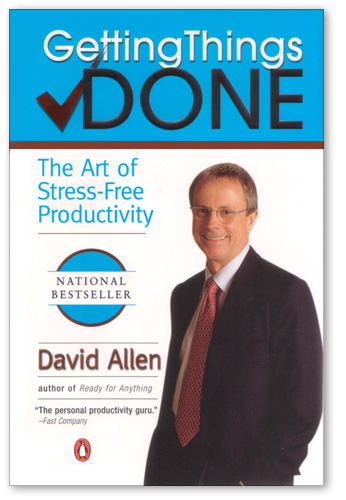Today we have an interview to share with Freelance-Zone readers. Jason Demant is a writer and traveler who has recently founded UnAnchor, a travel itenerary site. Enjoy! – Catherine
1. What is your background in writing and travel?
My background in writing is little to none to be honest. It’s been an interesting experience the last year realizing how much time I now spend writing. To my surprise though, I’ve really enjoyed it. In addition to blogging, I’ve started writing occasionally for other blogs and writing travel itineraries as well.
In terms of travel, I’ve spent the last 10 months on the road across Asia. I’m starting to have a passport that I’m really proud of. Before this big trip though, I did the standard American corporate-life vacation thing. Once a year, I took off one to two weeks (two, only if I was lucky) and saw as many cities and countries as possible. Always returning more exhausted than when I left. I was able to visit the Middle East, South America and Europe twice.
2. What is UnAnchor and how did the idea for it come about?
UnAnchor is a site to find specific, do-it-yourself travel itineraries. I like to think of it as an “app store” for travel itineraries. However, UnAnchor is also quite new. So, while that’s the eventual goal, right now a lot of my focus with UnAnchor is finding the experts to write itineraries. All itinerary writers set their own price on the itinerary (starting at $0.99) and keep 75% from each one they sale. However, for the first 50 itineraries written, we’re jumping that to 90%.
The idea initially came from a previous co-worker, now friend, of mine and has been further refined through my own travel experiences. It’s been frustrating figuring out how to use public transportation, how to do an activity without joining an expensive tour, and choosing what to do in a city with hundreds of tourist options. The idea is that a detailed itinerary will solve all of these frustrations. It will explain how to use public transportation and give you a detailed map to show you how to drive or walk to a destination. If you only have 1, 2, or 3 days in a city, it will tell you the things you absolutely must see.
3. Can you share any savvy travel tips with readers? Continue reading Interview With…Jason Demant




 By Jake Poinier
By Jake Poinier First, a confession: I tried the Franklin-Covey/7 Habits routine numerous times in my corporate days, and failed miserably. So, I wanted to bring
First, a confession: I tried the Franklin-Covey/7 Habits routine numerous times in my corporate days, and failed miserably. So, I wanted to bring 